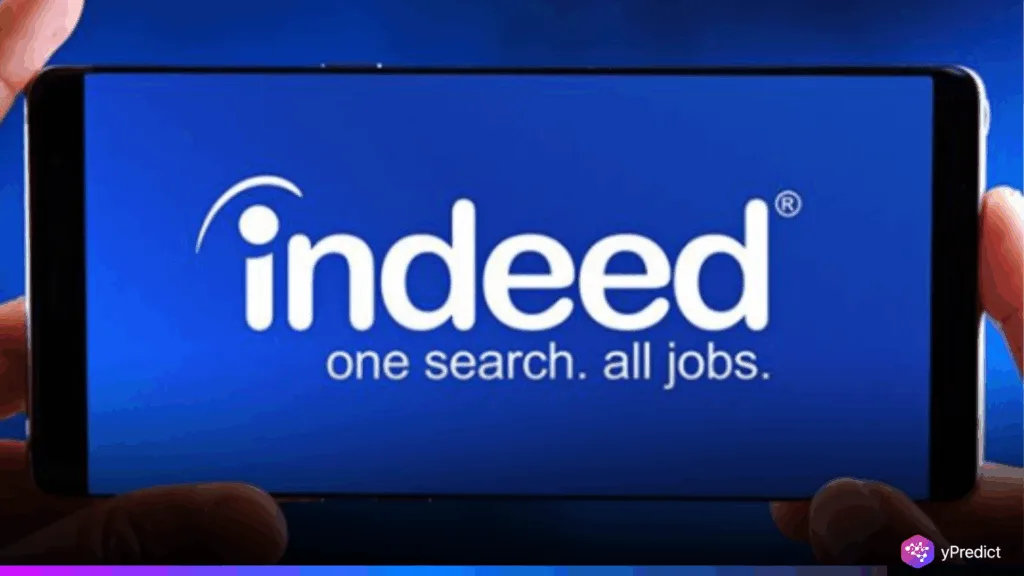
Indeed and Glassdoor are laying off a combined 1,300 employees as their parent company, Recruit Holdings, shifts its strategy to embrace artificial intelligence. The cuts, announced on July 10, 2025, impact about 6% of the company’s global workforce and will primarily affect research, development, and sustainability teams in the U.S. CEO Hisayuki “Deko” Idekoba cited AI as a driving force for simplifying hiring and reducing manual labor. As part of the restructuring, Glassdoor’s operations will be integrated into Indeed, with Glassdoor CEO Christian Sutherland-Wong stepping down. The move reflects a growing trend of AI reshaping traditional white-collar sectors.
AI Rewrites the Rules of Hiring
Recruit Holdings’ decision to consolidate its platforms and cut jobs is part of a broader effort to overhaul the hiring process using artificial intelligence. The company sees the human resources industry, worth over $300 billion, as overly dependent on manual labor. Speaking at a JPMorgan Chase tech conference earlier this year, CEO Idekoba explained that roughly 60% to 65% of costs in HR come from human tasks that could be automated. Recruit’s goal is to reduce that inefficiency using AI, technology, and data.
As a matter of fact, Indeed and Glassdoor have always had different functions, in that the former is a job board, whereas the latter is an employee review site, but uniting them on a similar AI-enhanced platform might provide the user with a smoother interface. The company is paying attention to AI capable of aligning candidates to positions at a faster rate, which grows hiring suggestions and backend employer processes.
Already, about one-third of Recruit Holdings’ new code is written by AI. Idekoba said he expects that figure to rise to 50% soon. This isn’t just a tech upgrade; it’s a cultural shift in how recruitment firms think about growth and scalability. As automation increases, companies like Recruit are betting on AI not only to reduce internal costs but also to revolutionize the job-seeking process for millions.
The Growing Divide Over AI and Jobs
As Recruit Holdings is adopting AI to optimize its work process, the layoffs also cast more significant doubts on the future of white-collar jobs. The effect of the layoff of 1,300 jobs, including a significant number in groups working on innovation, also underscores the potential that AI will alter not only support positions in offices but also research, design, and organizational planning fees. This tendency, suggest critics, is evidence of a trend away not only from the deployment of AI as an aid but also as a possible substitution for creative and knowledge-based labor.
This is not the only worry. Berating the capability of AI to transform the job market, Ford CEO Jim Farley addressed the Aspen Ideas Festival in June and warned that up to half of all United States workers may lose their white-collar positions in an AI world. Even as businesses are rejoicing with better productivity, the question that lingers is how well and how fast these transitions are occurring. Otherwise, the lack of strategic reskilling efforts can leave all professional segments by the wayside.
Nevertheless, AI can decrease human bias in the workplace and eradicate nepotism, and provide more people with opportunities. By using AI fairly, organizations can accelerate candidate screening, the software can make more reliable judgments, and HR specialists can reduce their burden with administrative tasks and focus on reaching further ground and improving employee performance. The difficulty lies in finding the right balance of innovation and social effects so AI does not only replace workers but also makes them stronger.
A New Era of Hiring Begins
As a matter of fact, an AI-driven restructuring at Indeed and Glassdoor is a defining moment in the way organizations can recruit talent. Through the consolidation of platforms and less manual labor, recruit holdings is placing bets on automation as the next efficiency and scale. The layout is dramatic, but it also signals a transformation in the process of a smarter, faster hiring system, and that can make the job more efficient to find, less biased, and more advisable in the pairing of workers with jobs. The HR industry is at a crossroads: to evolve or die. Whether this transformation will be successful does not rest only on technology but also on the manner of its implementation.





